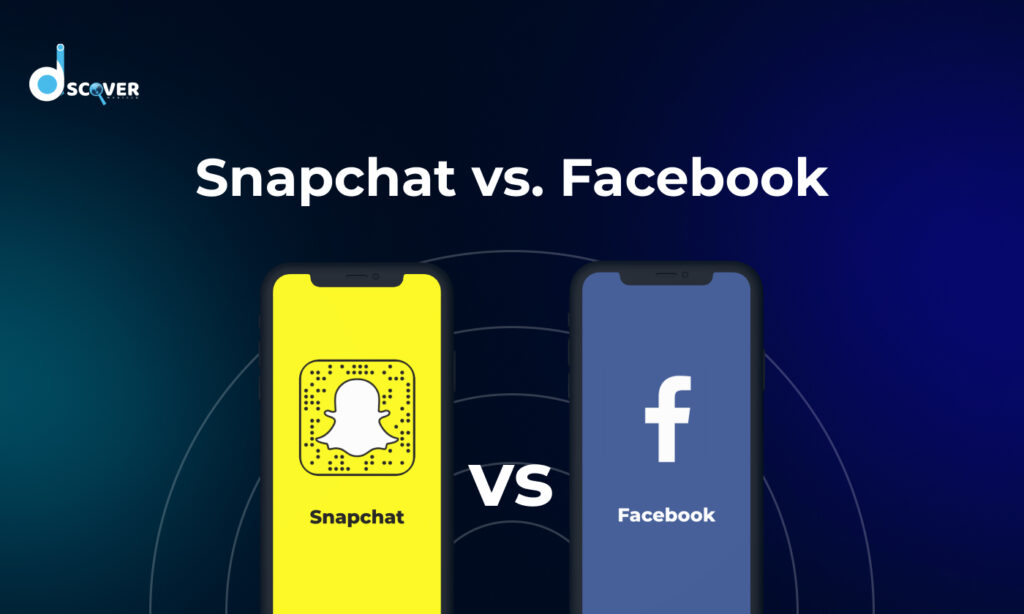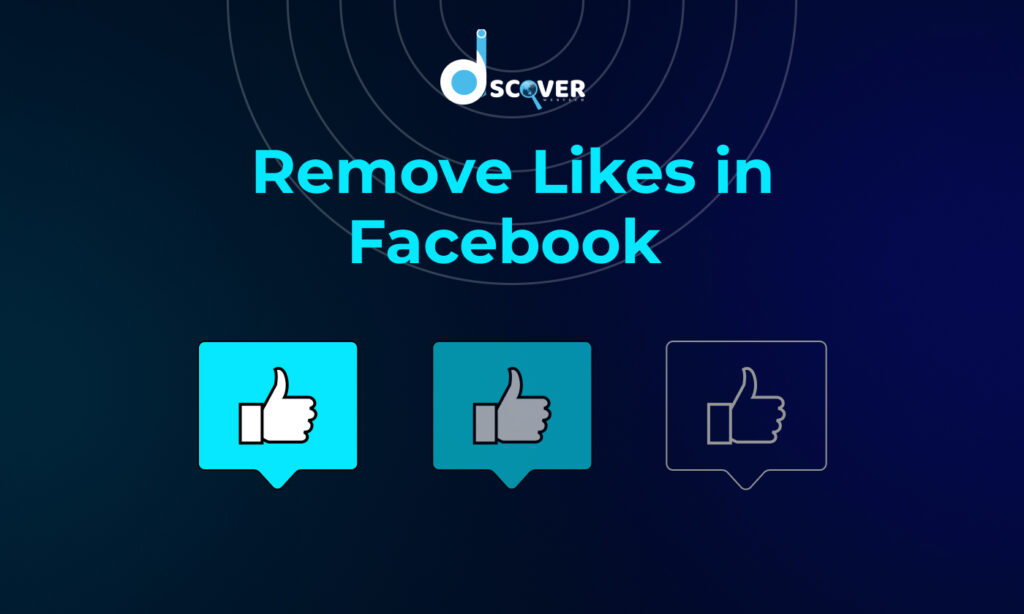
As we step into 2025, choosing the right social media platform for your brand has never been more crucial. Snapchat and Facebook continue to dominate the digital marketing space, but they serve different audiences and offer unique opportunities. With their distinct features, target demographics, and content styles, understanding which platform aligns best with your brand’s objectives is key to effective online growth. Now, we’ll explore the strengths and differences between Snapchat and Facebook, helping you make an informed decision to take your brand to the next level.
Target Audience Demographics
Your audience plays a significant role in determining which platform to use. Both Snapchat and Facebook attract different age groups and user behaviors.
Snapchat: Snapchat’s user base is largely composed of younger demographics, particularly Generation Z and Millennials. This platform is most effective for brands targeting an audience between the ages of 18 and 34. With a highly engaged younger crowd, Snapchat is ideal if your brand is trendy, creative, and looking to leverage short-form, interactive content.
Facebook: Facebook, with its broad age spectrum, reaches both younger audiences and older adults. While it remains popular with older generations, it’s still a powerful tool for brands targeting a wide demographic range. Facebook offers deep community engagement, making it a great platform if your brand aims to appeal to various age groups, including professionals and older users.
Content Format: Quick vs. Detailed
The type of content you produce is crucial for platform choice. While both platforms allow you to post a range of content, the formats differ in terms of how users interact with them.
Snapchat: Snapchat is built around quick, engaging, and visually compelling content. It excels in short, dynamic videos and photos that disappear within seconds. Snapchat’s interactive features such as AR lenses, polls, and filters are powerful tools for creative storytelling. Brands can use Snapchat to offer exclusive content, behind-the-scenes glimpses, or promotions. If your brand thrives on creativity and spontaneity, Snapchat offers unique opportunities.
Facebook: Facebook, on the other hand, supports a variety of content types, from long-form posts to videos and articles. It’s ideal for brands looking to create more in-depth content, including educational posts, blog links, live videos, and customer stories. The platform encourages detailed posts and meaningful engagement. If your brand focuses on thought leadership, community building, or offering more extensive value through content, Facebook is the ideal platform.
Advertising and Targeting Capabilities
Effective advertising is key to growing your brand’s presence. Both platforms provide robust advertising solutions, though they cater to different needs.
Snapchat: Snapchat’s ads are visually driven and cater to brands seeking to connect with a younger, mobile-first audience. Ads on Snapchat include Snap Ads (short video ads), AR filters, and Stories Ads, each designed to drive user engagement through immersive experiences. With targeting options based on demographics, interests, and location, Snapchat can be especially useful for brands that want to build brand awareness and drive engagement quickly.
Facebook: Facebook’s advertising platform offers more detailed targeting and various ad formats, including image ads, carousel ads, video ads, and slideshow ads. With its powerful Ads Manager, you can target users based on specific criteria like location, behavior, interests, job title, and more. Facebook’s detailed analytics also enable you to fine-tune campaigns for better results. If your brand needs advanced targeting and reporting tools, Facebook’s advertising infrastructure is unmatched.
Engagement and Interaction
Both Snapchat and Facebook foster engagement, but their approaches differ.
Snapchat: Snapchat’s engagement model is based around quick, real-time interactions. Users enjoy personalized filters, one-on-one messaging, and private interactions through Stories. Brands can foster a sense of exclusivity and immediacy by offering special deals, sneak peeks, or event promotions. While it’s harder to build large communities organically on Snapchat, it’s great for creating a personal connection with your audience.
Facebook: Facebook offers more robust community-building tools, with features like Facebook Groups, Events, and Business Pages. These tools allow your brand to engage with users on a deeper level, fostering discussions, hosting live events, and encouraging user-generated content. Facebook is built for creating long-term relationships with customers through ongoing interaction and engagement. For brands that focus on community-building and deeper customer relationships, Facebook is ideal.
Analytics and Insights
Knowing how your content performs is essential for any marketing campaign. Both Snapchat and Facebook provide analytics tools, though with varying levels of detail.
Snapchat: Snapchat provides basic engagement metrics such as views, swipes, and screen time on ads. However, its analytics aren’t as in-depth as Facebook’s, focusing more on short-term campaign performance. Snapchat is ideal for brands that want immediate feedback on temporary or time-sensitive content.
Facebook: Facebook provides detailed insights on how your content performs, offering metrics like reach, engagement, conversions, and even audience demographics. The Ads Manager on Facebook allows for comprehensive campaign tracking, providing you with data to analyze and adjust your strategy over time. If your brand requires in-depth analysis to refine your approach, Facebook offers extensive data to guide your decisions.
Social Media Marketing Expert: How They Can Help Your Brand Succeed
Having an expert in social media marketing is crucial for your brand’s success. A social media marketing expert brings valuable insights, strategies, and expertise to your brand’s social media presence. They stay on top of the latest trends, tools, and platform updates, ensuring your brand stays relevant and engages your target audience effectively. Whether it’s creating compelling content, managing paid ads, or analyzing performance metrics, an expert can streamline your efforts for better results. When deciding between platforms like Snapchat and Facebook, an expert can help you determine which works best for your brand and audience, maximizing your reach and impact across both platforms.
Which Platform Should You Choose?
The choice between Snapchat and Facebook depends on the unique needs of your brand. Consider the following:
- Choose Snapchat if:
- You want to target younger audiences (18-34).
- Your brand thrives on creative, short-form, and interactive content.
- You’re looking for exclusive, time-limited promotions or experiences.
- You’re interested in leveraging AR filters and immersive features.
- Choose Facebook if:
- You’re targeting a broader, more diverse age range.
- Your brand offers long-form, value-driven content.
- You want to build a community around your brand.
- You require advanced analytics and precise ad targeting.
Final Thoughts
Both Snapchat and Facebook present valuable opportunities for brands looking to grow their online presence. Snapchat stands out for its creativity and youth-oriented features, while Facebook continues to dominate with its community-building tools, broad reach, and powerful advertising capabilities. By understanding your target audience and marketing goals, you can make an informed decision on which platform will best support your brand in 2025. Whether you choose one or both, each platform offers distinct advantages to elevate your social media strategy.
Key Takeaways:
- Snapchat excels in authenticity, creativity, and reaching younger audiences.
- Facebook boasts a massive reach, precise targeting, and robust analytics.
- Consider your target audience, marketing goals, budget, and brand personality when making your decision.
- Regularly monitor your campaign performance and adjust your strategy as needed.
Ready to boost your brand’s presence? Reach out today to get started on your social media marketing strategy!


